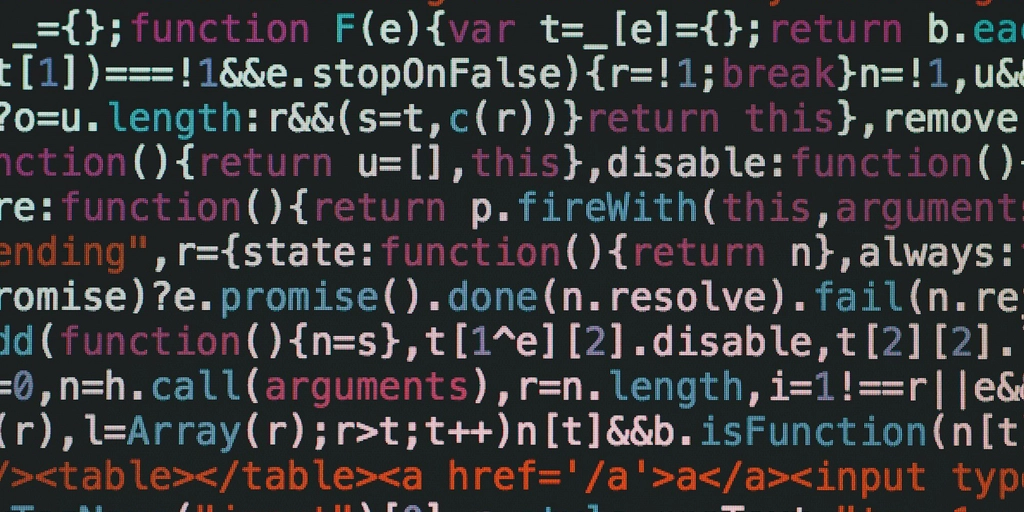
Robin's 2018 Review
2018 was a year of new and more stringent privacy legislation, General Data Protection Regulatory Act came into force for 28 European Countries in May 2018. One of the aims of GDPR is to have a common data privacy legislation and language across all European member states on how to protect data at rest, controlling access to the data and audit any access, which Cryoserver does with email and IM communications.
GDPR also empowers local supervisory authorities to have the powers to enforce and police data breaches, which seem to have been prolific in recent years. 2018 was the year for more high profile data breaches seen at British Airways, Marriott Hotel Group to name a few. We also saw for the first time the largest financial fines being imposed on the Data Breaches which occurred pre-May 2018, with Equifax and Facebook Ireland being fined £500,000 by the UK ICO.
Leading up and post the new European Privacy Law, we have seen organisations carrying out internal audits on their processes, procedures and having a fuller understanding of the data being held on their systems. We saw the rise of GDPR experts, Data Protection Officers being recruited, Lawyers being commissioned to update/rewrite legal agreements, data privacy statements being published and GDPR questionnaires being sent out to vendors and suppliers to complete.
The internal GDPR audits revealed organisations requiring to document and publish privacy and retention policies on their websites and to communicate to their customers on how they are looking after the data hold and for how long. The question, “How long should I keep my email for ?” being a common question. It meant companies having to implement new technologies, including email archiving technologies, like Cryoserver, to help them comply with the audit and defined retention requirements.
To help Cryoserver customers comply with GDPR requirements, we extended further the Cryoserver solutions with additional functionality around the Right to be Forgotten requests. The enhancement extends on the existing Audited Delete process, to go steps further. The ability to delete the email from the Cryoserver email archive but also from the user’s mailbox as well in a secure audited manner. Enabling our Cryoserver customers to be in a unique position to be able to present back to the data subject, confirmation the company has deleted the email(s) from the archive and also from the user’s mailboxes in the form of Audit trails, confirming the completed action.
We introduced support for ADFS, OAuth and Two Factor Authentication, 2FA, to help our customers control access to their archived data. It also means we can now do Three-Factor Authentication, 3FA, to access the high-level roles such as the Privileged eDiscovery User Role and other user roles. There were many other enhancements made as well during 2018: including the ability to now archive IM conversations from additional platforms which now includes Teams, Skype for Business, Slack, Bloomberg IM, Eikon, Symphony to name a few.
In my previous review, I expressed the rise in subscription-based services and we have all seen the massive adoption by the big Cloud providers, the astonishing levels of agility gained by shifting IT to a cloud provider can more than offset the monthly bills easily. Cryoserver, at the start of the year, had already moved many of our processes into AWS and Azure and very quickly saw many benefits around availability, reliability, and speed of delivery, along with ever-increasing monthly costs.
Given that many of our customers are themselves Cloud and Managed Service providers, and our products need to work in many types of cloud, we built our own Private Cloud and shift our workloads out of AWS and back on to our own Metal. It was a steep learning curve, and we now have our own OpenStack cloud with all the goodies that the developers and DevOps teams loved in AWS. Even better, it was built from the old computers that were made idle by our initial move to AWS. Having our own private cloud meant less need for AWS and we could reduce down to the minimum of our AWS monthly costs.
We have also gone all-in with containers, all our latest products are optimised to be deployed in Docker containers with scaling and self-healing handled by Kubernetes, our journey to a Private Cloud means that we can work with large clusters as easily as we work with single servers.
Cryoserver continues to be the thought leaders and experts in the delivery of cost-effective deployment of email archiving solutions to customers and also to Service Providers. On the customer front, we have had our best year yet, with the greatest number of customer sign-ups in a 12 month period. We are serving more customers in even more industries, with increased deployments across Government, Manufacturing, Healthcare, Air Travel, Financial, Legal and SME businesses. We would like to thank our new customers for selecting Cryoserver and we are looking forward to serving all our new and existing customers through 2019 and the years ahead.
Looking ahead and into my crystal ball for predictions in 2019, as we saw this year, the momentum behind Kubernetes will continue to accelerate, many of our own customers were already planning their deployments, next year, this trend will only increase and we expect the number of clustered deployments increasing rapidly.
Next year might well be the year of the “Hyper-converged infrastructure”; the new name for Private Clouds. What these providers are doing is making the design and deployment of Private Clouds much easier and well within the resources of smaller IT teams.
As predicted 12 months ago, the noise around Artificial Intelligence (AI) and Machine Learning (ML) is intense, we are now seeing a number of un-hyped, practical and very useful ML-based products that would work excellently with Cryoserver and next year we hope to see several of them integrating with us.
2019 will see hefty fines on those recently exposed companies and examples being made of them, as a strong warning message to industry to do better with customer data. I fear we have not seen the worst data breach yet and there are more significant data breaches about to happen. Cybersecurity products are here to stay and so is Cryoserver which aims to help businesses protect their customers’ data by keeping data encrypted, with controlled role-based access with added 2FA and comprehensive audit trails showing who accessed what and when.
Lastly, in 2019 we will be launching Cryoserver Version 10 or shall we follow Apple and go with Cryoserver X? We will be intouch with Cryoserver Customers in 2019 for input into ideas for Cryoserver v10.
Read
More

Sep 23, 2024
New Zealand Privacy Act 2020
New privacy laws are in force across New Zealand. They affect all organisations, including those…

Sep 23, 2024
California’s privacy laws, CCPA and CPRA
If your organization does business in California, it may be impacted by the recent and upcoming…

Sep 23, 2024
Organisational culture change: why you literally need to watch your language
You might have heard that 70% of organisational change initiatives fail. (McKinsey and…

Sep 23, 2024
Log4J Vulnerability Announcement
UPDATE: 16/12/2021 1030hrsCryoserver is also not vulnerable to the…

Sep 23, 2024
How Can Email Archiving Solve FinTech Compliance Concerns?
FinTech businesses are innovators who create new approaches and solutions for the challenges facing…

Sep 23, 2024